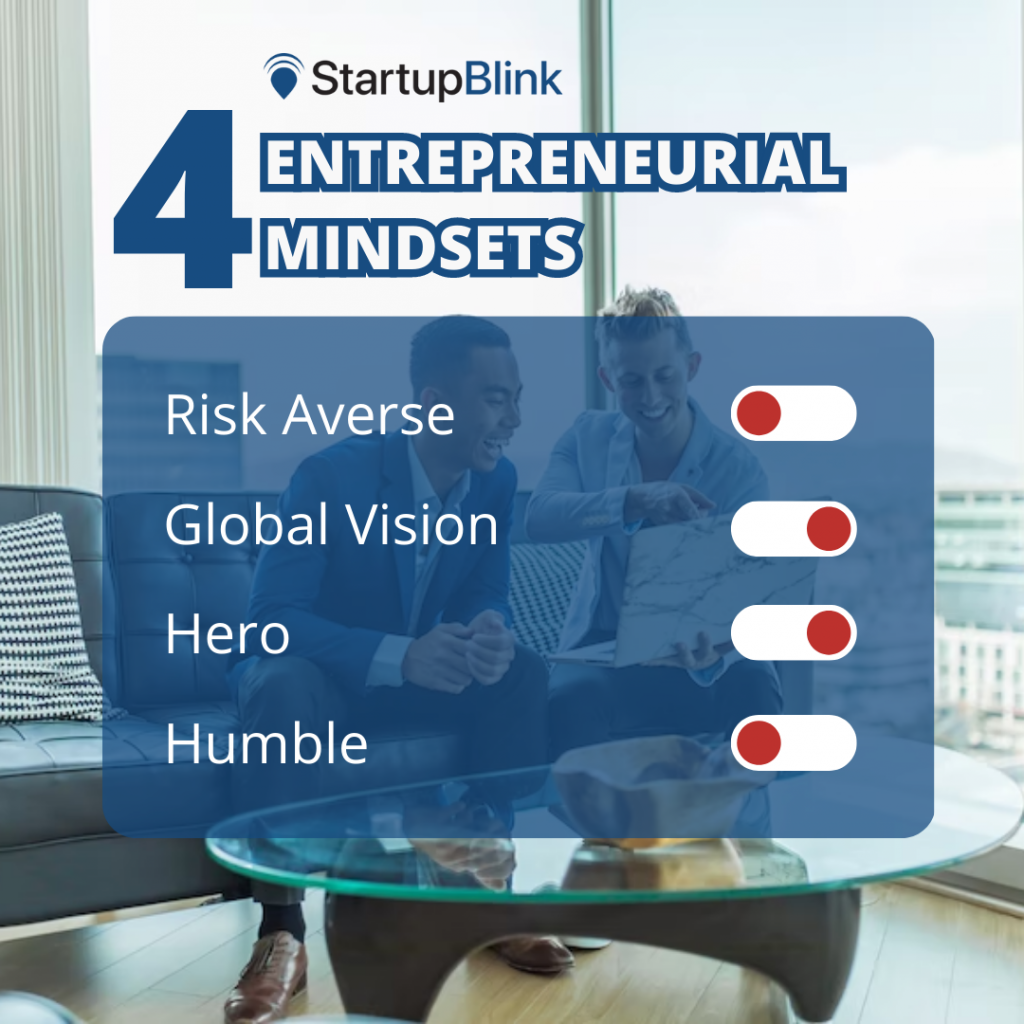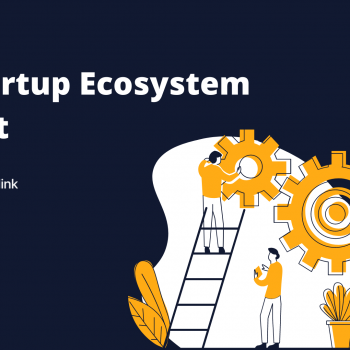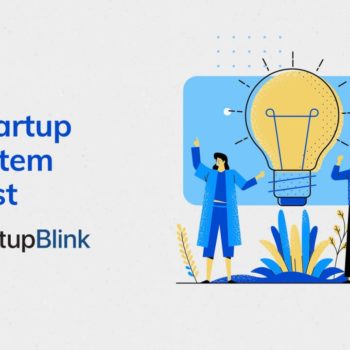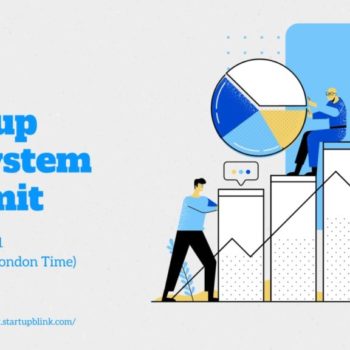In this episode, Martin Jordana and Eli David discuss the optimal characteristics and mindsets of entrepreneurs to grow an ecosystem. If you want to learn about what it takes for entrepreneurs to accelerate the growth of a startup ecosystem, tune in and get more insights:
The Most Important Ingredient of Startup Ecosystems: Entrepreneurs
The presence of skilled and motivated entrepreneurs is the driving force behind building a successful startup ecosystem. All the other players, such as accelerators, coworking spaces, the public sector, and academia, exist in the ecosystem to support entrepreneurs. Therefore, the psychology and motivation of entrepreneurs affect the future of startup ecosystems.
As Eli David highlighted during this new episode, StartupBlink’s consulting experiences show that many ecosystems believe that the main challenge in the ecosystem does not have enough investors. However, when we dig into the real problem, most ecosystems lack success stories. Yet, investors arrive at the ecosystems where there are several success stories. For instance, Israel became an attractive spot for investors when the country started to produce success stories like ICQ.
Therefore, a notable difference between outperforming and underperforming ecosystems is the psychology of their entrepreneurs. These psychological patterns are the reflection of societal beliefs.
The 4 Optimal Mindsets of Entrepreneurs:

There are several questions to ask in order to understand the mindset of entrepreneurs in an ecosystem. One of those is, “Do you prefer a high-paying corporate job or rather building your own startup?”. In societies where leaving a corporate job is celebrated, it is very likely that you will hear a lot of people preferring to build their own startup at some point in their life, showcasing that entrepreneurship is deeply embedded in the DNA of society.
Hence, here are the 4 optimal mindsets of entrepreneurs that you will see in successful startup ecosystems:
1. Risk Averse vs. Risk Tolerant
An ecosystem with several success stories has risk-tolerant people who are not afraid of leaving a high-paying corporate job to bring their disruptive ideas to the life. Building a startup is a very high-risk but also a high-reward investment. Startup failure rates are very high, yet build a unicorn worth $ US 1 billion. Thus, the level of risk aversiveness in society is a barrier to the growth of a startup ecosystem.
2. Global vs. Local Vision
Successful entrepreneurs are the ones building global startups. The global mindset empowers entrepreneurs to reverse the disadvantages they face in their local ecosystems. For instance, Israel has a population of around 9 million. However, it has more unicorns than the many populous countries, which is made possible by the global vision of entrepreneurs.
3. Hero vs. Villain
Some societies perceive entrepreneurs as heroes and celebrate their success. On the other hand, some societies look to entrepreneurs as villains. An entrepreneur should feel like the hero of the ecosystem. Otherwise, they will build their startups in countries like the US or Estonia, where their achievements are appreciated.
4. Humble vs. Proud
By nature, startups are not humble. In the beginning, they are all ambitious ideas that make people believe in these ideas. This requires an entrepreneur to be proud of what they are working on. In societies where humbleness is valued, entrepreneurs and startups may find it difficult to reach their full potential.
Can an ecosystem developer change mindsets?
There is no doubt that changing the mindsets in a startup ecosystem is a tough job, taking one or two decades. However, it totally worths the effort when the ecosystem has its first unicorn because the rest, such as investments and more success stories, will follow. Eli David suggests some actions ecosystem developers can take to change the mindsets in the long run, such as:
1. Improve the level of English
If you can do only one thing for your ecosystem, improve the level of English in your society. In this way, your entrepreneurs can build for global markets and compete there.
2. Celebrate small successes
As it is mentioned above, changing mindsets is a long journey. Therefore, your ecosystem should celebrate every small milestone achieved by startups. These milestones can be the first seed investment or the highest series A investment raised to date. People won’t take risks when the government pushes them to do. However, seeing their friends’ startups exiting with billions of dollars in valuation is convincing to take risks.
3. Promote your Ecosystem
Just like startups and entrepreneurs, ecosystems should not be humble. Let people hear about the things happening in your ecosystem and showcase the things your ecosystem can offer to entrepreneurs. As you promote your ecosystem, reality will catch the imagination.
At StartupBlink, we help ecosystems to showcase their promising potential with promotional reports and ecosystem portals. If you are interested in promoting your ecosystem, contact us at feedback@startupblink.com
About Us:
StartupBlink is the world’s most comprehensive startup ecosystem map and research center, working with over 100 government entities worldwide. StartupBlink’s global startup ecosystem map has tens of thousands of registered startups, coworking spaces, and accelerators, creating a robust sample of innovation globally.






